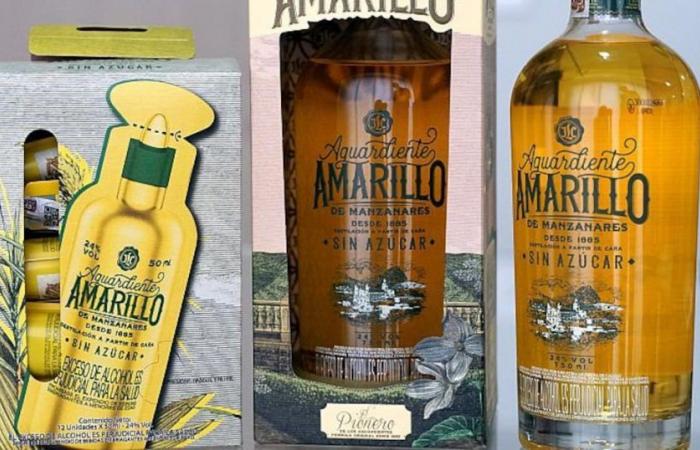In a surprising move, the Bogotá Council is promoting an initiative to turn the capital into a free port for all the country’s liquors, thus separating itself from the authority of Cundinamarca. This proposal would allow popular drinks such as Yellow Brandy from the Caldas Liquor Industry (ILC) to be sold without restrictions in the city.
Historically, the marketing of Aguardiente Amarillo in Bogotá has been hampered by the need to obtain authorization from the Cundinamarca government. This authorization, which was initially granted, was revoked approximately a year ago in June 2023, leaving Bogotá residents without direct access to this emblematic product without Cundinamarca’s seal of approval.
Article 31 of the Cundinamarca Revenue Statute establishes that the departmental authorities exercise control over the production and introduction of distilled liquors in the region, including the Capital District. This implies a monopoly of distribution and marketing through the Cundinamarca Liquor Company (ELC), with profits destined for educational, public health and environmental protection purposes. community well-being.
Proponents of the proposal in Bogotá argue that eliminating this restriction would not only encourage free competition and increase the availability of products for consumers, but could also benefit the capital economically by allowing a greater diversity of options in the liquor market.
This initiative could mark a significant change in the liquor distribution landscape in Colombia, promoting a more open and competitive environment for producers and consumers alike.
Councilor Juan David Quintero of the New Liberalism party seeks to reopen the debate on this issue, arguing that the current control “hinders” fair competition and the functioning of the free market, especially with regard to liquor.
According to Quintero, who told El Tiempo, “Bogotá is the capital of all Colombians and, therefore, it should operate as a free port.”
However, modifying these regulations presents significant challenges due to the state monopoly on the production and marketing of distilled liquors, established in article 336 of the Constitution and additionally regulated by Law 1816 of 2016.




